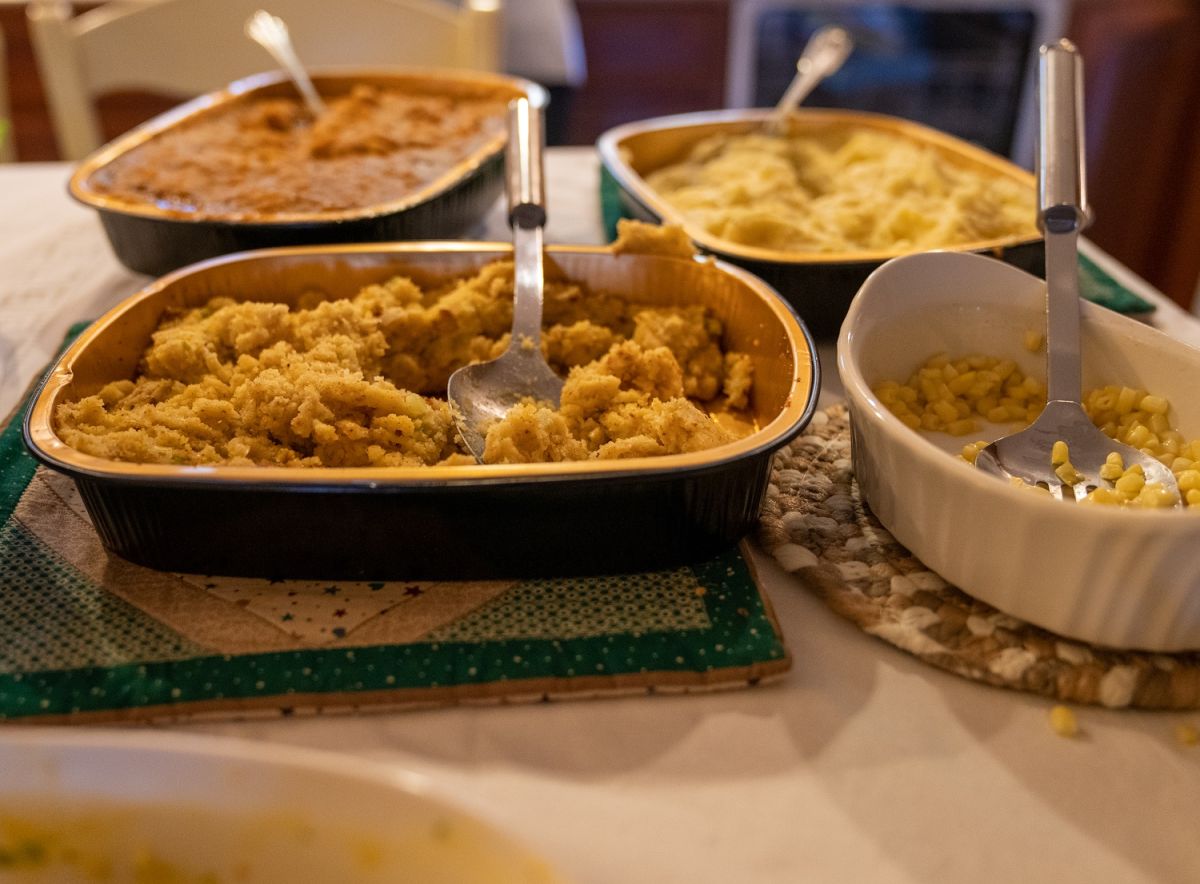Storing food leftovers in the refrigerator to consume them later is an ingrained custom in many homes, but if they are not stored correctly they can cause dangerous illnesses, as happened to a young American from 19 years who lost both legs after a bacteria infected his blood. Follow these tips from a doctor to save leftovers and not get sick.
The case of a teenager treated at the Massachusetts General Hospital to whom the doctors had to amputate both legs and parts of his fingers after suffering a severe infection caused by eating leftover Chinese food, it has been widely reported in various media.
Although he survived the shock and multi-organ failure caused by the bacteria Neisseria meningitidis, the young man will live with the tremendous sequelae of the infection and of not having applied the reinforcement of the meningococcal conjugate vaccine. However, it is important to take into account the recommendations of the experts to store leftover food in the most hygienic and safe way possible.
Dr. Bruce Y. Lee wrote some tips to store leftover food and reduce the risk of possible illnesses when consuming it later:
1. Avoid keeping contaminated leftovers, that is, in which someone has already put their saliva.
2. Use only clean containers to store food.
3. Leftovers should be stored in the refrigerator or freezer as soon as possible, preferably within two hours of preparation.
4. To store leftover food, look for containers that are as small and airtight as possible so that bacteria do not find space to reproduce.
5. Always remember the 3-4 rule: don’t store leftovers in the refrigerator for more than three or four days, or in the freezer for more than three or four months.
6. When it comes to leftovers, don’t rely on your taste or smell to determine if food is good; Even if it smells good and tastes good, food can harbor harmful bacteria.
7. Before serving, heat leftovers to a minimum temperature of 165 degrees Fahrenheit (74 degrees centigrade) to eliminate bacteria such as salmonella.
Remember that when in doubt, it is better to throw away the leftovers and invest money in buying new food; food is probably cheaper than medicine and the doctor.
Read more:
+ Cancer: 5 foods rich in magnesium , the mineral that helps fight tumors
+ Abdominal fat: 4 tips from experts to lose visceral fat
165
+ Penis frostbite: How likely is it that what happened to the skier Remi Linhdolm in Beijing
+ Stroke: 7 symptoms of a stroke that only occur in women
